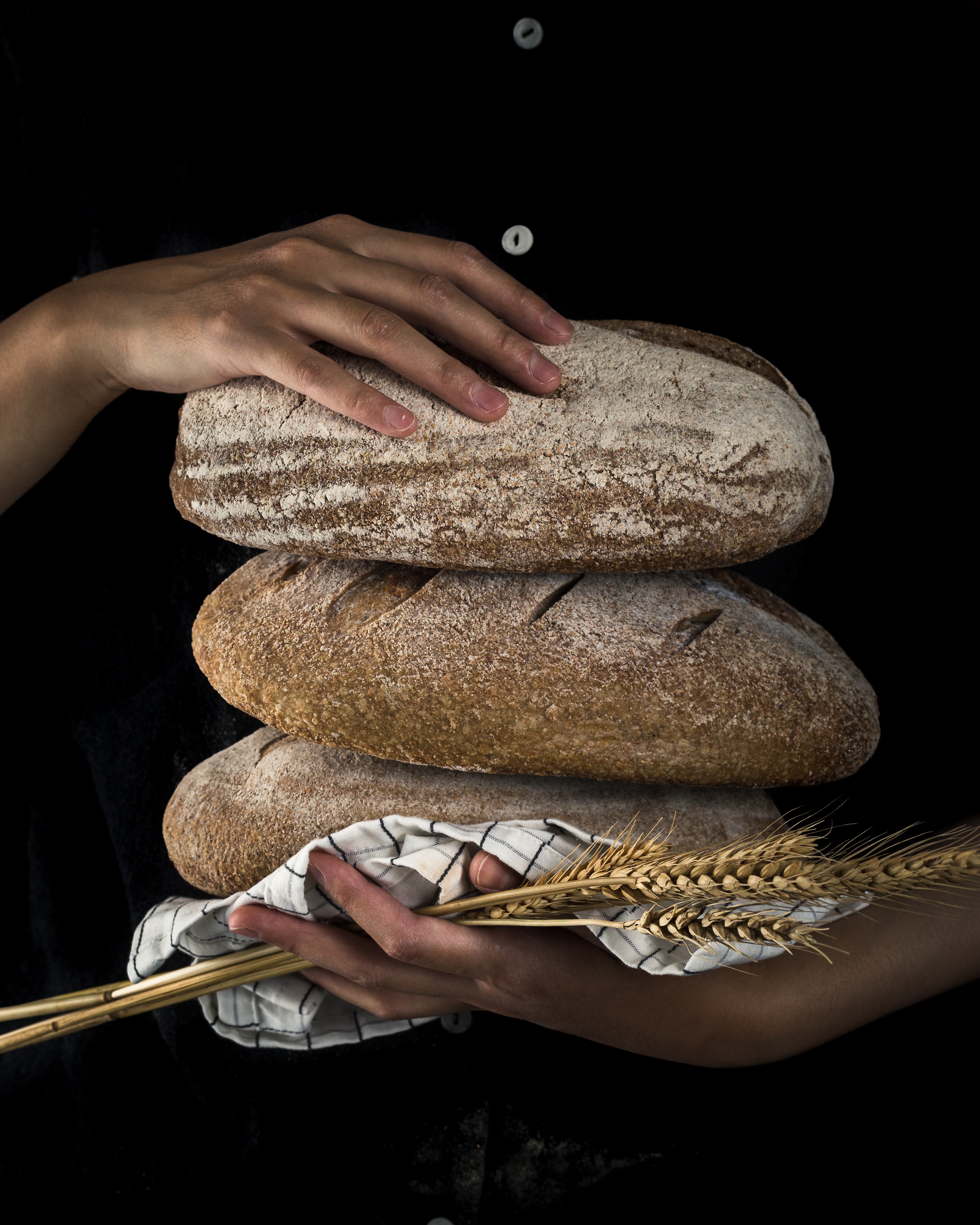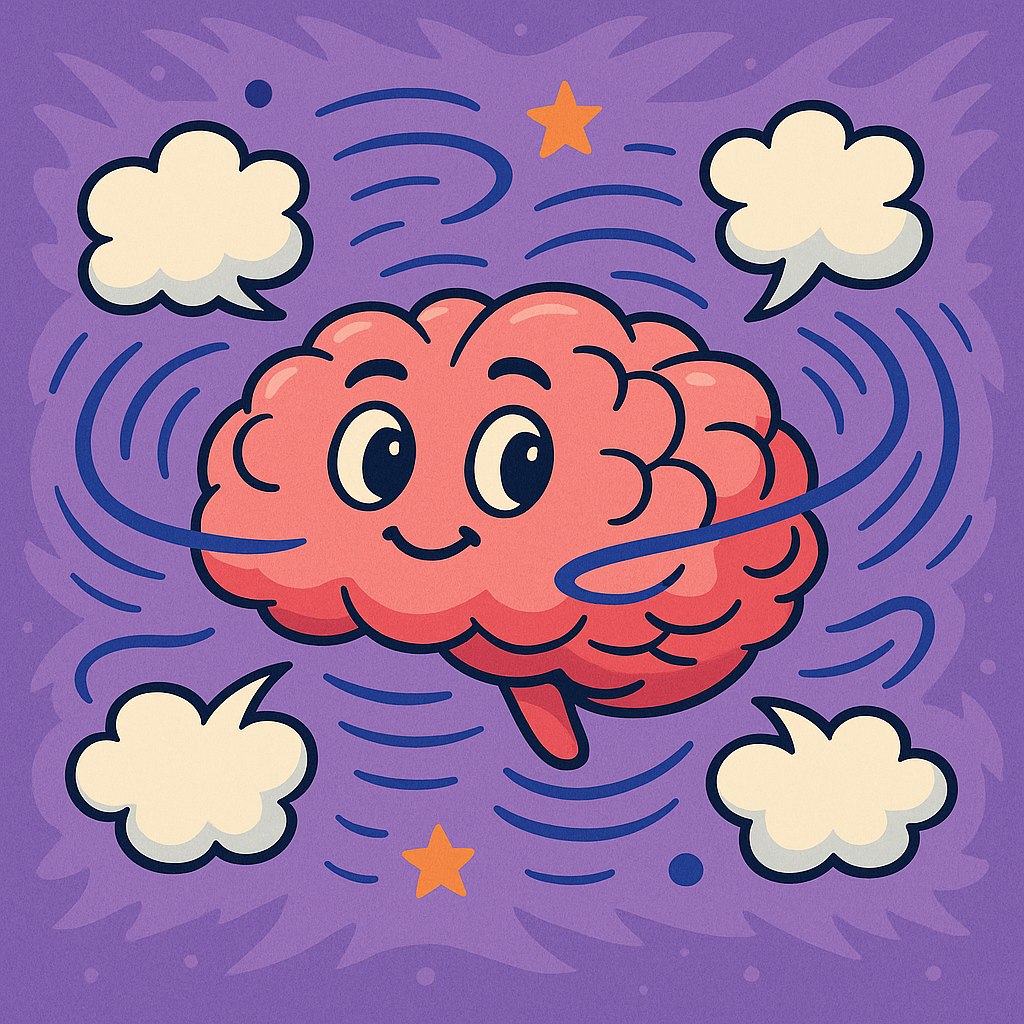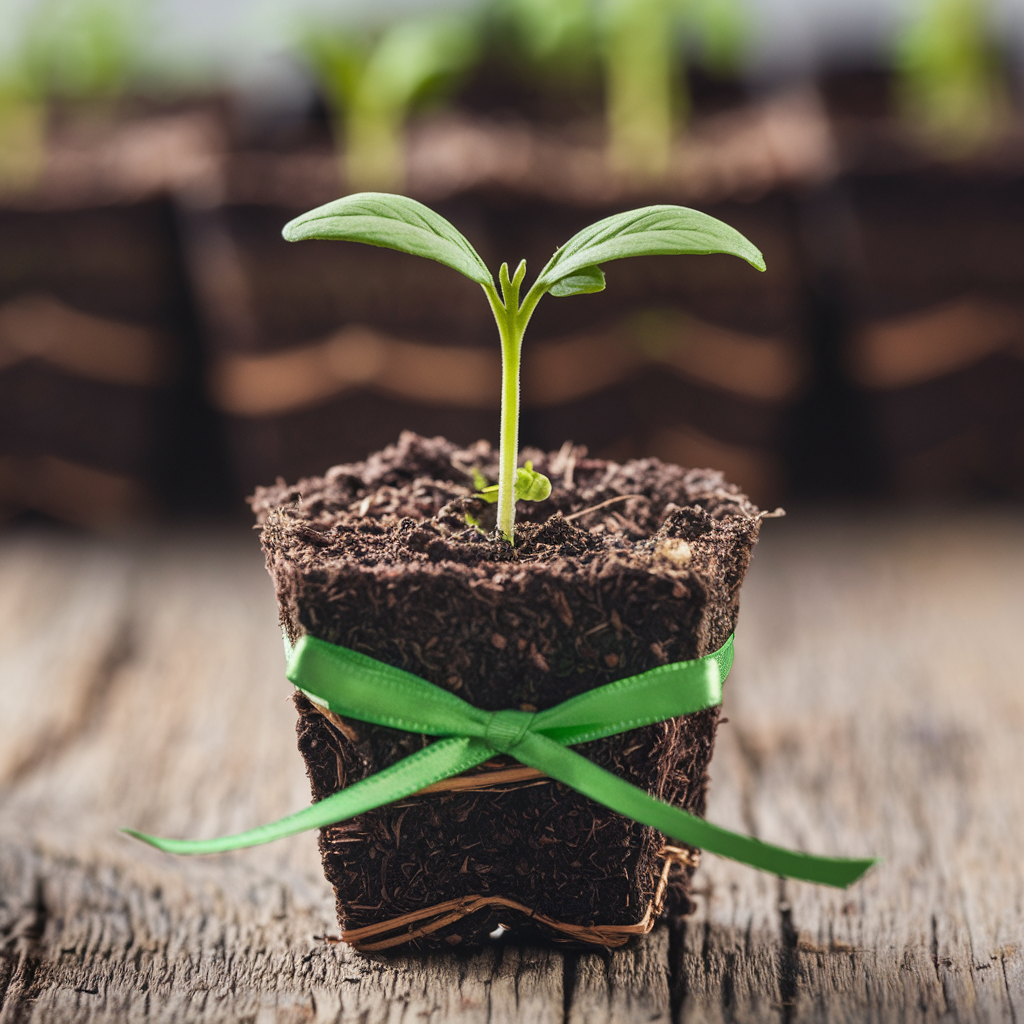By Chalcedony Williams
When they found him on the other side of the lake, they asked him, “Rabbi, when did you get here?”
Jesus answered, “Very truly I tell you, you are looking for me, not because you saw the signs I performed but because you ate the loaves and had your fill. Do not work for food that spoils, but for food that endures to eternal life, which the Son of Man will give you. For on him God the Father has placed his seal of approval.”
Then they asked him, “What must we do to do the works God requires?”
Jesus answered, “The work of God is this: to believe in the one he has sent.”
So they asked him, “What sign then will you give that we may see it and believe you? What will you do? Our ancestors ate the manna in the wilderness; as it is written: ‘He gave them bread from heaven to eat.’”
Jesus said to them, “Very truly I tell you, it is not Moses who has given you the bread from heaven, but it is my Father who gives you the true bread from heaven. For the bread of God is the bread that comes down from heaven and gives life to the world.”
“Sir,” they said, “always give us this bread.”
Then Jesus declared, “I am the bread of life. Whoever comes to me will never go hungry, and whoever believes in me will never be thirsty.
John 6:25-35 (NIV)
Whilst at university, I was involved with the Christian Union (CU). We were a mismatched bunch of people with a common goal: to make Christ known on campus. We quickly learned that attending evangelistic events was not a priority for most of our unbelieving peers. However, if free food was on offer – pizza, pancakes or doughnuts – then people were instantly more likely to attend. Unfortunately, once they had their fill of food, they would often leave, and this was sometimes before we even had a chance to deliver a carefully crafted gospel message. At CU, we intended that the offer of free food would not only draw students in but would also point them to the generous love of the God who unites our group of misfits.
In John 6, John depicts one of Jesus’ most famous miracles: the feeding of five thousand (v. 1-15). Afterwards, Jesus tries to avoid the crowd by crossing the sea with His disciples to Capernaum, but they follow Him there. Jesus confronts the people for following Him because they were not seeking the signs He performed, but for the food He provided. Food is fleeting, it decays when left too long and only fills our bodies for a short while. It cannot sustain, nor can it completely satisfy. But Jesus points out that there is a kind of ‘food’ that lasts for eternity and that only He provides. How does one acquire this? Jesus tells them that they must believe in the One God sent. But now the people asking for a sign, essentially telling Jesus to prove His worth. They point out that Moses provided their ancestors manna from heaven as they wandered in the wilderness for forty years – as if to say that Jesus’ provision of bread was not quite impressive enough to be convincing.
The problem is, they have looked only on the provision, and not on the Provider. It was not Moses who provided bread, but Yahweh, their heavenly Father. Not only that, but the people who ate the manna eventually died.
So, Jesus brings the crowd up to date. The manna was a sign, like the bread they had just consumed. A sign pointing to the true Bread, the Bread of Life. He is the One who, just like the five loaves that were broken to feed the five thousand, would be broken on the cross into as many pieces as needed to provide for all of those who believe and look to Him alone as the source of true life. Jesus Christ is the Bread of Life. He is the Provider who came to earth as a provision, to feed a people who are wandering and starving in the wilderness of sin and death; the One who fills us with His life-giving presence, who satisfies completely.
Luke 22:19 says, ‘And [Jesus] took bread, gave thanks and broke it, and gave it to them, saying, “This is my body given for you; do this in remembrance of me.”’ When we gather among our fellow believers to take the Lord’s Supper, we share in a loaf of bread. This bread reminds us of the most generous provision made for us by our heavenly Father, who gave His only Son so that whoever believes in Him shall have eternal life. The one loaf is shared between members of the Body of Christ, reminding us that the same Spirit of Life fills every one of us, binding all misfits eternally and inextricably to Christ and each other temporally, until the last day comes when we are raised to new life and united with Him forever.
Ask: What is the significance of the breaking of bread in connection to the death of Jesus?
Seek: Am I focused on earthly pleasure or am I experiencing the joy and contentment of communion with Christ? How am I sharing that with my Christian brothers and sisters?
Knock: Heavenly Father, thank You for the generous gift of Your Son, the Bread of Life. Lord Jesus, I believe that You died and rose so that I can have life now and for eternity. Please fill me with Your Spirit so that I can experience afresh the joy of communion with You and with fellow members of the Body of Christ.
(Upper Photo by Mae Mu on Unsplash)
(Inner Photo by Taylor Flowe on Unsplash)






